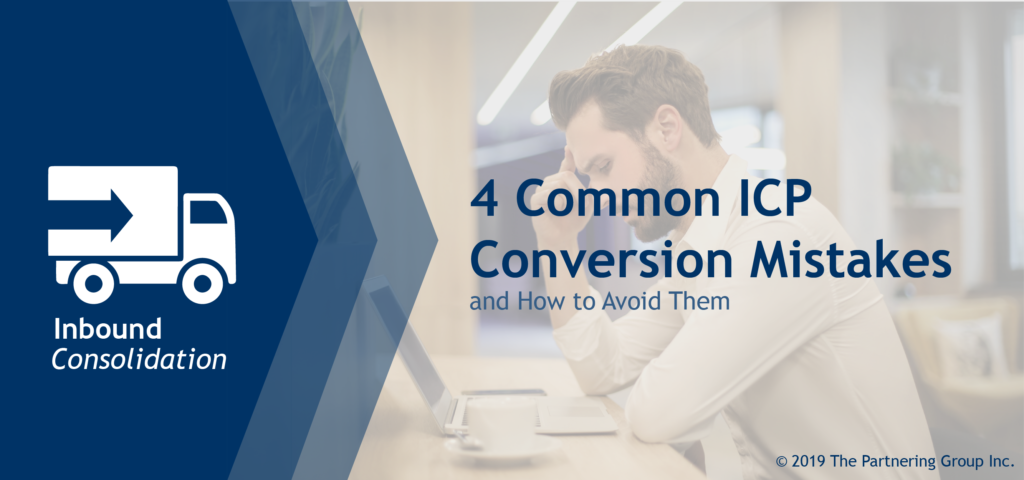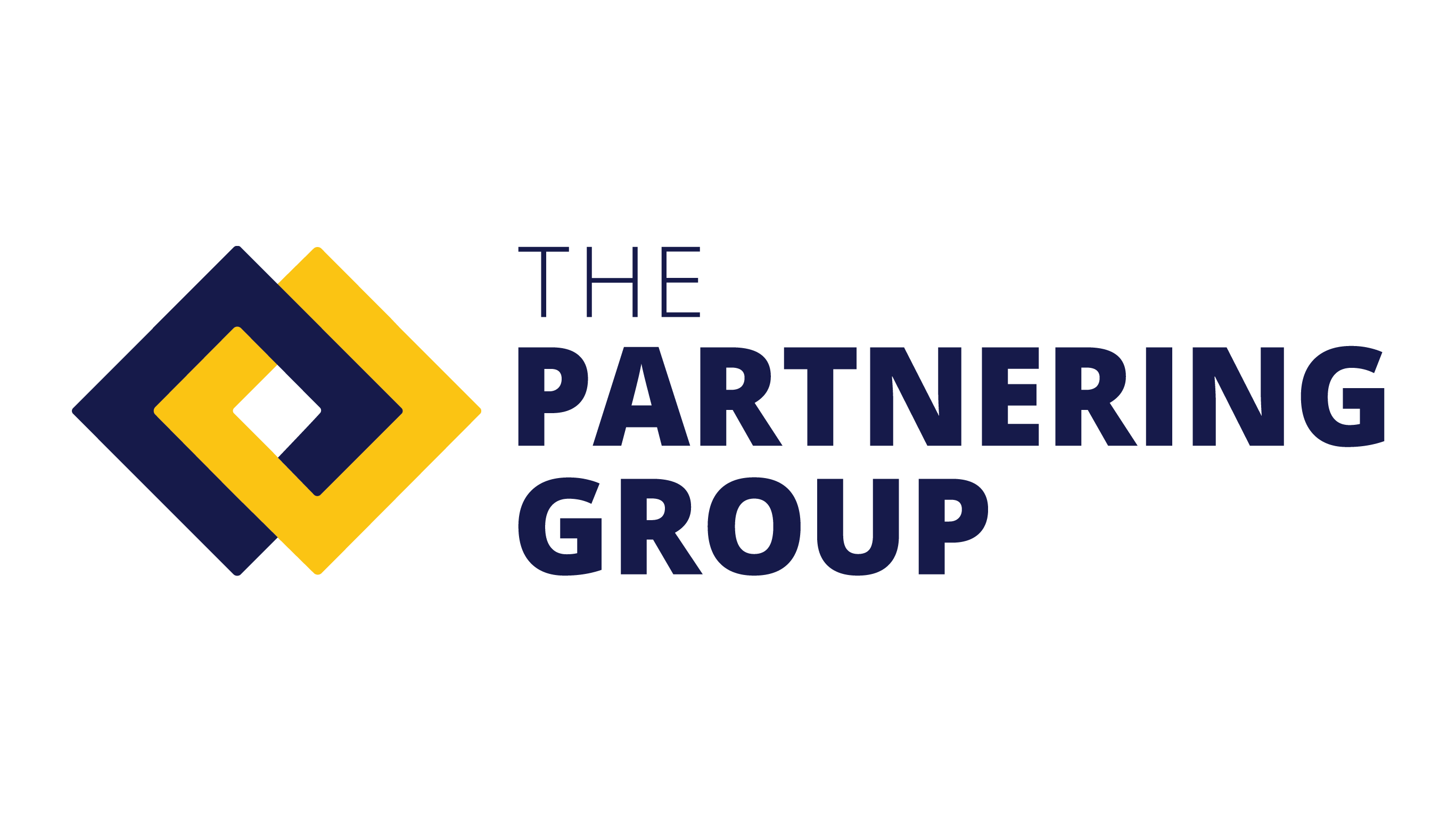- February 19, 2019
- Posted by: tpgstaging
- Category: Blog


By: Chrys Tarvin and Steve Forsyth
Making the switch to an Inbound Consolidation Program (ICP) could easily be one of the most advantageous strategic moves your organization makes this year.
TPG Inbound Consolidation Series Part 7 (of 7): Click here to request ebook.
Between the reduction in transportation costs through reduced LTL inefficiencies and the increased organizational efficiency, not to mention the notably better inventory management capability, it is little wonder that so many organizations are making the ICP transition.
However, your benefits are only as good as your conversion. Here are a few key inbound consolidation conversion mistakes and how to avoid them.

Poorly Collected and Calculated Data
Perhaps the biggest reason that an ICP conversion does not live up to its predicted benefits is faulty data. In some cases this is related to inadequate data provided by the supplier partner. In other cases this stems from inefficient data tracking processes, such as mismatched end-to-end apps or heavy use of manual tracking systems. In either situation, inaccurate data can undermine your entire conversion. Miscalculated data will negatively affect your ability to select the most efficient ICC location, determine appropriate supplier asks, and calculate routes and loads to the best advantage.
In order to avoid this situation, revisit your current supply chain systems and make sure that you thoroughly understand your structures. Analyze the efficiency of your data tracking systems and evaluate whether they are getting the job done. You may want to consider whether your organization could benefit from cohesive supply chain optimization and modeling software. And, of course, make sure that your communication with suppliers is accurate and up-to-date.
 Mishandled Supplier Negotiations
Mishandled Supplier Negotiations
Of course, when it comes to freight management, it takes two to tango. Or three. Or ten. Your inbound process isn’t exclusively up to you. You also have supplier partners who will be impacted by any inbound freight decisions. So, well executed supplier conversations are absolutely essential to the success of your ICP conversion process. Poorly handled supplier negotiations could adversely impact your ability to leverage the best shipping rates, reduce your ability to eliminate LTL shipments, or create problems within your flow.
Prevent these issues by entering your supplier negotiations well equipped. Above all, be able to articulate how this benefits them. Come prepared with ironclad data. Predict what questions they are likely to have and know how to answer them. And don’t hesitate to know your goals and stand by them!
 Inadequate Onboarding Support
Inadequate Onboarding Support
Inbound freight management is a team sport. So when your team is not in sync, it shows. Organizations who fail to properly onboard all key players in the logistics chain will find themselves frustrated when their predicted savings don’t materialize. Lacking proper onboarding, their suppliers were not consistent in their pallet creation, leading to reduced load efficiency. Without thorough instruction, pallets were improperly labelled and sent in the wrong direction.
Don’t make the mistake of assuming that your business partners will simply know what to do next. Be extremely clear in your expectations. Prepare materials to which each key player can reference throughout the process. Hold guided training sessions. Don’t forget to check in and assess how well each participant has understood and retained the material.
 Failing to Use an ICC Consultant Partner
Failing to Use an ICC Consultant Partner
The final mistake made all too often in ICP conversion is attempting to make this transition alone. Inbound consolidation programs are complex and dynamic. There are many moving parts and a wide array of decisions to be made, many of which may fall outside of your normal scope of experience.
A knowledgeable supply chain and inbound freight specialist can prevent your program from falling prey to these common mistakes and hundreds of others. Whereas it is likely that your team has had very little or even no experience in guiding a large scale organization through an inbound consolidation conversion, these expert consultants have transitioned multiple programs successfully. They have the skills to help you achieve your best cost benefits.
Interested in learning more about how to guide your organization to a high impact inbound consolidation conversion? Contact us today to begin conversations about your next steps.
________________________________________________________________________
Why TPG?
We have the experience!
Designed, integrated and implemented Inbound Consolidation Programs for Fortune 100 and 500 Companies throughout North America, south America, and the Pacific Rim improving cost, service, quality and speed.
________________________________________________________________________
Authors’ Note: This final article of the TPG series on Inbound Consolidation.
Find the previous post here: 6 Tips For Your ICP Supplier Negotiations
© 2019 The Partnering Group, Inc.
